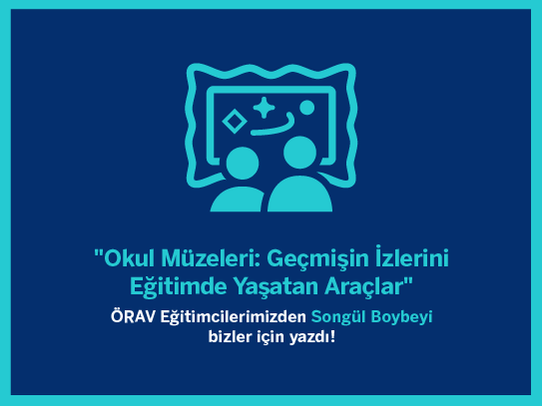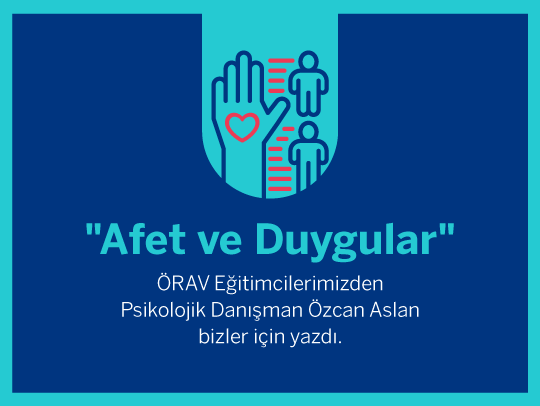Infodemic (Information Epidemic): When people seek reliable sources in the face of a crisis, they encounter a lot of partly false and partly true information and this search becomes difficult due to the uncontrolled spread of this information.
The increase in the need for information in times of crisis and the inability of individuals to distinguish between correct and incorrect information lead to an increase in infodemic. This situation creates an obstacle for people to urgently access the guidance they need in times of crisis.
What should we pay attention to?
Be aware of your emotions
As a recent study has revealed, people who review their social media feeds emotionally are much more likely to share false information than those who review them in a calmer mood.
Emotions such as anger, fear and anxiety, especially in times of crisis, make people more vulnerable to misinformation. Before sharing the information, wait a little bit and realise what emotion you are in and decide whether to share or not after the effect of your emotions has passed.
Check the source
An unknown new account may have posted a sensational piece of information just to gain followers and engagement. Go to the source account that made the post and analyse it. Check if it is a news or information sharing account that has been doing this for a long time. If necessary, contact this account and ask where it got the information. Try to get to the source of the news to get a logical answer. Question the same story from multiple sources.
Has any reputable verification organisation examined this claim (e.g. Teyit.org)?
Has another person written the same thing, perhaps from a different angle?
Where and when was the image or quotation created? Do a reverse image search on sites such as images.google.com.
Follow the internet and social media accounts of official institutions.
Nowadays, all official institutions have a website and social media accounts. Whichever institution has jurisdiction over the incident, that institution makes a post on its website or social media account and these posts are accepted as official statements. Therefore, do not trust any statement that is not made from official sources.
Approach every news you see with scepticism
In general, we tend to share news close to our own views without questioning its accuracy. Before sharing news, images or videos that support your own views, be sure to check the accuracy and suitability of the news from other news sources.
Do not share photos and videos of children and adults at the time of rescue on the internet.
Every photo and video you share leaves a digital footprint. If these people see these photos and videos again in the future, their traumas may be triggered. In addition, people may not want to be photographed and disseminated in that state. Another danger of these shares is to make these people vulnerable to abuse. When sharing, people's personal rights and freedoms should be respected and treated sensitively.
Check the accuracy of the Internet URL / Address.
Fake news sites use a forged address (URL) that looks very similar to reliable and official news sources. Be careful with internet addresses.
Pay attention to news and posts that aim to provoke, mislead and misdirect.
Beware of racist, provocative and hate speech, especially against certain groups.
Beware of ambitious headlines and adverts.
Extraordinary claims, exaggerated headlines to attract attention, overused punctuation marks usually belong to unfounded news or news with advertising content.
Grammar and spelling mistakes in the news
Errors are caused by carelessness or ignorance. Both reduce trust in the author and the source. Such news should be treated with caution.
Sources
https://dergipark.org.tr/tr/download/article-file/610582
https://www.guvenliweb.org.tr/blog-detay/dogru-habere-ulasmanin-dogru-yontemleri
https://teyit.org/internette-yanlis-bilgiyle-basa-cikmanin-10-yolu
http://infodemiegitimi.org/
https://www.dogrulukpayi.com/




